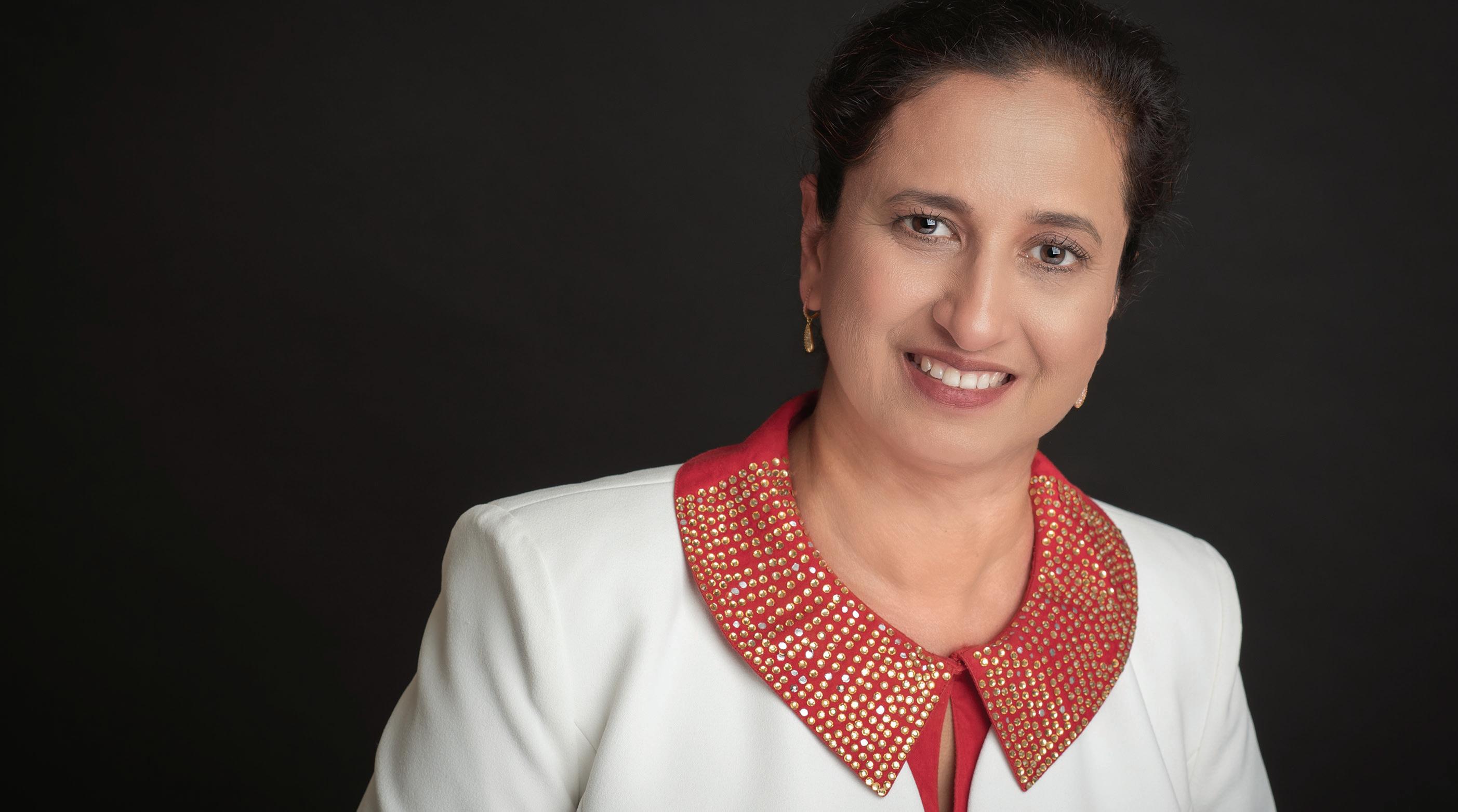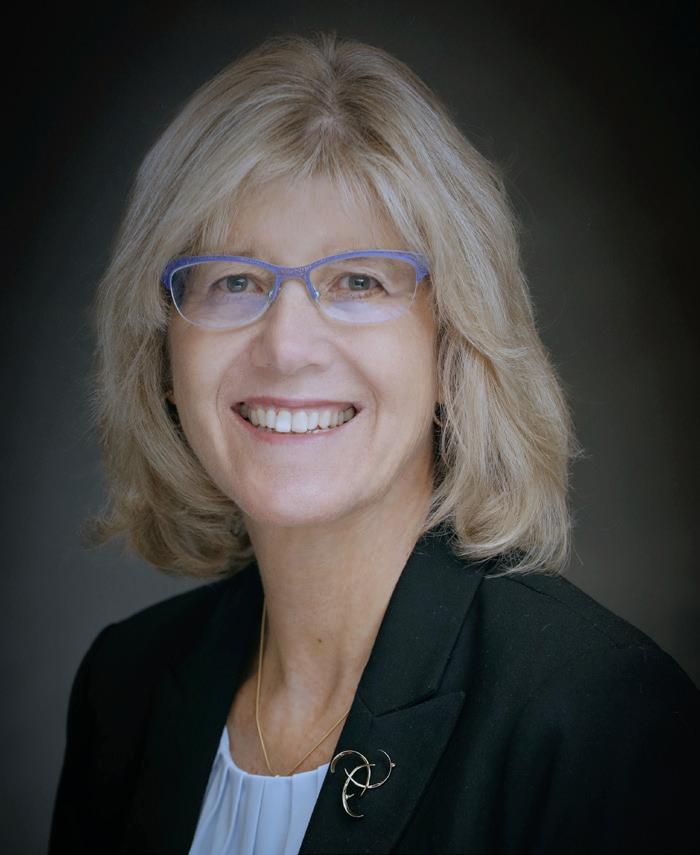
2 minute read
CHECKING IN Getting comfortable with uncertainty
Getting comfortable with uncertainty
Have you ever had something on your mind and, suddenly, you start seeing it everywhere? Lately, I’ve been thinking a lot about the idea of uncertainty.
The health and well-being of friends and family, the future of public education, the economy. There’s no shortage of reasons to feel uncertain. So we study a steady stream of reports and charts and trends hoping that what we know will fill the gap between our future state(s) and that nagging feeling of certainty.
With uncertainty on my mind, I saw a sign that read, “The less we know, the more we learn.” I repeated that to myself a few times. Maybe the problems we need to solve right now – like declining enrollment, ongoing funding and preparing for the next interruption in education – should be solved by learning versus seeking to know for certain. What if we embraced problem-solving (and in turn certainty creation) through dialogue, not just data.
Yes, using data can drive better decision-making, but numbers alone can’t paint the entire picture when it comes to shaping strategy, particularly strategies aimed at those things that make us feel uncertain. Data can’t describe the human narrative and the stories that surely impact those figures.
So we know to expect a certain percentage decline in enrollment, but what are the five questions we’re not clear about or that haven’t been asked? What dots do we need to connect? And how will we answer those together?
Maybe we can drive through uncertainty by improving these skills: 1. Increasing our comfort with ambiguity. We don’t have to pretend that uncertainty is desirable. But we can begin viewing it as a chance to use our natural skills, particularly our ability to handle complex topics, problem-solve and think deeply. We’re not reacting to the problems we face, we’re responding to them. 2. Being wildly inquisitive and curious. Curiosity drives us to ask what, why, who, when, where and how to get at the deeper level of understanding. Questions don’t scare curious people. 3. Tapping into collective intelligence. Our ability to solve daily and complex problems faster and with more creativity is key for our local education agencies. That’s the power of collective intelligence – it enables school business professionals to solve complex problems quickly, and thus drive innovation in everyday situations.
By combining our mutual intelligence – the data-driven and the human side of story and context – we can properly execute on what we believe is a good strategy. And feeling we have a good strategy reduces uncertainty.
The CASBO community is made up of experts who know what to do when uncertainty rears its head. They know how to navigate it, and they’re willing to share their intelligence and solutions. Sound like you? Reach out to me so we can unpack even more ways for members to get comfortable with their ability to navigate any uncertainty that arises. z z z
Tatia Davenport CEO






